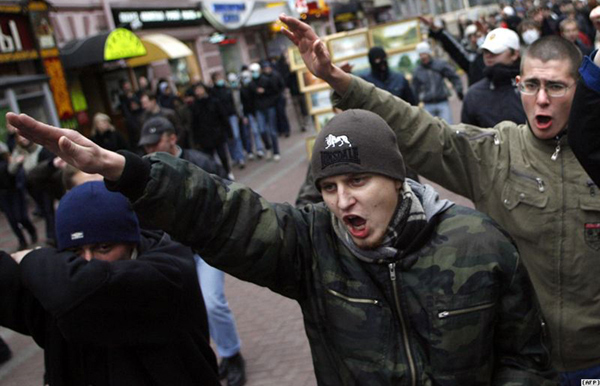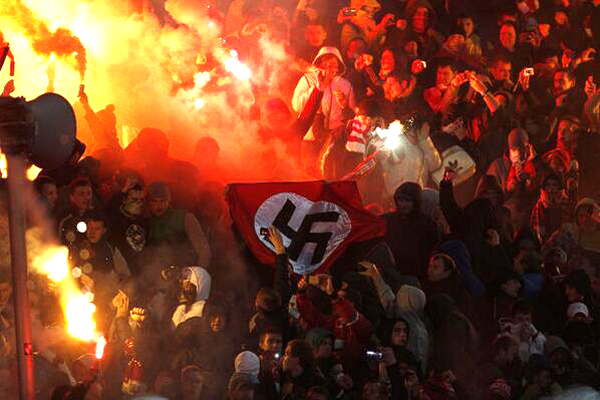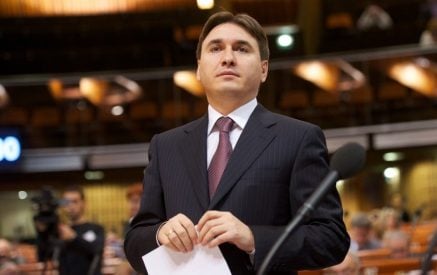The complex of inferiority makes people and nations aggressive
My mother was telling me that after the year of 1945, prisoners of war were brought to Yerevan. Neither our compatriots returning from the front, nor those who stayed in the capital in the years of hunger and privation, did not have any hostile feeling towards these people. Even, if possible, they were sharing their dry bread with the prisoners.
Everyone understood that they are people like us, many of which, yes, some 10-12 years ago were sick of Nazism disease followed by the exclusiveness of their own nation and some “mission” mania, and this propaganda had brainwashed their minds. Under the influence of mass psychosis, it seemed to them that there were “hostile” and “friendly” nations, and that they are divided into “first” and “second” class. It ends in catastrophe, which the Germans obtained since 1945. They probably learned the lesson very well and now they are strictly following that this kind of thinking does not provide sprouts, and the history is not repeated.
Read also
Recent, I read an interview, where a German woman born in 1926 (just my mother’s age) was telling how the Nazis came to power in their country. “When I now listen to Hitler’s speeches in a museum, I think, my God! How strange and terrible was all that he was saying, and I, young, was standing under the balcony of his residence and was screaming with joy. It is very hard for a young man to resist the common stream.” The woman was also telling of how in 1945 a Russian soldier, without any love affair, took care of her family in Berlin, and for decades, she was seeking after this soldier to express her gratitude.
“Now, continues the woman, I have read that the nationalism is rising in Russia. It is very strange. And I have also read that the freedom is becoming less in your country, and there is a propaganda going on over television. I am longing for the people who liberated us not to repeat our mistakes.”
Here’s such parallel between the two great nations, two friendly-rival states. Since 2000, the Russian government and its official campaign tries to knock in its people that the collapse of the Soviet Union was an event, which can be compared with the World War II defeat. And it turns out that allegedly they lost here, and the West won, but now Russia has raised from its position of kneeling and should get to revenge, take a revenge.
Approximately similar campaign was carried out during the period between the First and Second World Wars. In general, it seems to me that the complex of inferiority lies on the base of many evils, including nationalism: we were humiliated, enslaved and brought to knees, racked and killed, but now we will rise like a phoenix and give our enemies more powerful blow. Weeping usually turns into aggression.
During 10-12 years, the Russian authorities managed to complex its own people, awakening great-power instincts, own exclusiveness and “mission” feelings in them. The Customs Union, the Eurasian Union and Crimea are the manifestations of such policy. All of these, of course, are temporary, but primarily it affects the Russian people, the Russians, who sooner or later, will face the disaster.
It also affects us, Armenians, Because, as I said, one of the components of this “trend” is classifying the nations into “first” and “second” classes. We, in this respect, of course, belong to the second class: almost the entire political elite is in Putin’s, to put it mildly, pocket, something that Russia needed to get from us, and he has it, and now they will treat not only us, Armenian citizens, living there but all Armenians with pronounced contempt.
Russia, eventually, will solve its problems and become a normal European country. Whereas our goal, as always, is in us.
ARAM ABRAHAMYAN






















































